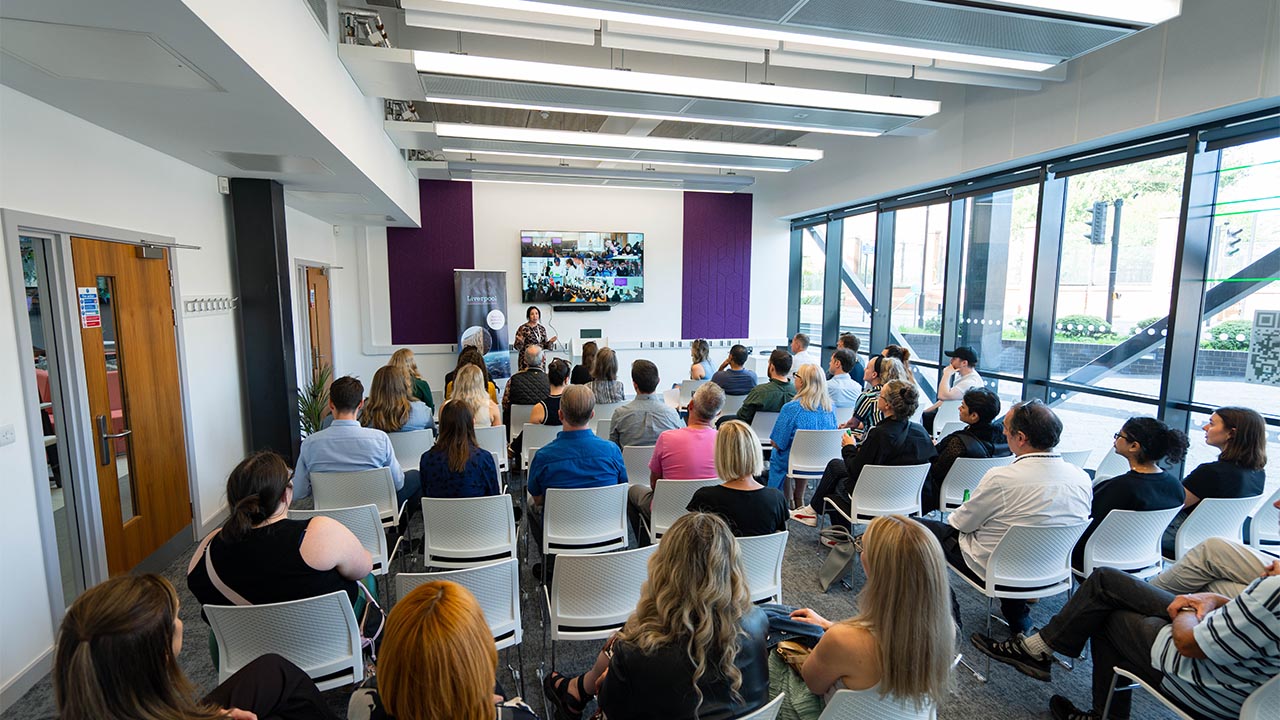The technology, media and telecommunications (TMT) practice at Deloitte, has announced its predictions for the sector in 2020.
Electricity will put the wheels on cycling, with 130 million e-bikes set to be sold in the next three years
Deloitte predicts that the proportion of people who cycle to work will grow by one percentage-point over the next three years, equating to tens of billions of additional bicycle rides per year.
The growth in bike-riding is supported by the launch of e-bikes, as well as a diverse array of technological innovations. Deloitte predicts that between 2020 and 2023, more than 130 million e-bikes will be sold globally. This is more than six-times the number of electric vehicles that are forecast to be sold in the entirety of the next decade.*
Paul Lee, global head of technology, media and telecommunications research at Deloitte, said: “The first patent for electrifying a bike was filed in the nineteenth century, however 2020 will be the year that e-bikes pick up pace. Improvements in lithium ion battery technology, pricing, and power has led to a significant surge in interest globally. The number of e-bikes on the roads will easily outpace other e-vehicles by the end of next year.”
Deloitte’s research highlights technology’s pedal-power in bringing cycling to the mass market, which in turn will help cities manage the strain of urbanisation. Currently only around five percent of journeys in London are taken by bike.
E-bikes make cycling less of a physical effort, opening it up to many who might have hesitated before. Meanwhile, technology innovations including predictive analytics, wireless connectivity, digital urban planning tools and 3D-printed parts will launch with the aim of making cycling safer, faster, more convenient, and easier to track and measure.
Lee added: “Over the next 12-months, cycling should shift from being a competitive hobby enjoyed by active individuals, to a simple way for a wide range of people to get from place to place. This will play a significant role in easing congestion, while improving air quality and public health.”
Industrial 5G will spark productivity gains, as more than 100 companies will begin testing private 5G deployments in 2020
For many of the world’s largest businesses, private 5G will enable ultra-reliable, high-speed, low-latency, power-efficient, high-density wireless connectivity. Deloitte predicts that more than 100 companies worldwide will be evaluating or have deployed 5G in industrial environments such as factories, ports, and logistics centres by the end of 2020.
By 2023, the value of cellular equipment and services for use in industrial deployments will be worth tens of billions of pounds annually.
Claire Jolly, head of TMT at Deloitte in the North West, said: “The North West was one of the earliest adopters of 5G in the UK, so many businesses in the region are well placed to use private 5G deployments next year. With an established mobile infrastructure that is primed for even greater growth in 2020, we could see more businesses move to the North West to capitalise on the efficiencies brought about by private 5G deployments, delivering another boost to the region’s thriving economy.”
Dan Adams, head of telecommunications at Deloitte, said: “5G is poised to be the most disruptive mobile technology since the mobile phone itself. The way we work fundamentally changed by the launch of 4G and Wi-Fi. 5G will bring a similar transformation to the connectivity of machines and devices, delivering a boost to productivity in factories and warehouses, in particular. While it’s likely to be a long time until we see autonomous cars on the open road, factories will be full of 5G-enabled autonomous machines from next year.”
Revenues from advertising video on demand will break £500 million in the UK in 2020
Deloitte predicts that revenues from advertising supported video on demand (AVOD) will reach £500 million in the UK in 2020, representing 10 percent of all television advertising revenues. The forecast for 2020 implies 17 percent year-on-year growth, compared to five percent growth for the overall UK advertising market.
Deloitte predicts that by 2025 the majority of streamed services, both mainstream and niche, will rely on advertising as a significant or sole revenue source.
Dan Ison, lead partner for telecoms, media and entertainment at Deloitte, said: “TV viewers are being spoilt with an ever-widening array of some of the best television content ever made. Generating advertising revenue will allow streaming platforms to maintain spend on hit shows and major rights, for both traditional broadcasters and online-only providers. As production costs grow and competitor platforms continue to launch, streaming services must look for new sources of revenue to invest in making stand-out, quality content.”
Readers will lend their ears to audiobooks, growing UK revenues to £115 million in 2020
In 2020, Deloitte predicts that the global audiobook market will grow by 25 percent to over £4 billion. In the UK, the value of audiobooks is predicted to reach £115 million in 2020. This suggests 25 percent growth over 2019 and 30 percent over 2018.
Deloitte predicts that audiobook revenues are on a trajectory to surpass e-books by 2023 in the US. In the UK, e-readers are now owned by just one in four (26 percent) consumers, down from 31 percent in 2015.
Lee added: “Storytelling is moving back to its traditional spoken form with the rise of audiobooks. Diehard print lovers may still be clinging to the page, but the growing sophistication of headphones and speakers, as well as the use of well-known narrators, is attracting many to tune in to audiobooks instead.
“Silence may be golden, but it is not necessarily the most interesting thing to listen to while commuting, doing chores, or working out. To amplify revenues, publishers will need to think carefully about which titles to release as audiobooks, how many and how often.”
Man and machine will move closer, as one million robots will be sold for enterprise use in 2020
Deloitte predicts that almost one million robots will be sold worldwide for enterprise use in 2020, up by 18 percent from 2019, generating £27 billion in revenues over the course of the year.
Of the almost one million enterprise robots forecast to be sold in 2020, just over half are predicted to be professional service robots, generating more than £13 billion in revenue, a 30 percent rise on 2019. In comparison, industrial robots are expected to account for £14 billion in 2020, a nine percent year-on-year increase.
Lee concluded: “The UK is behind other major global economies in the uptake of robotics and the country is now ripe for investment in the technology. The challenge now will be for companies to assess if and when professional service robots are the right tool for the job.”









